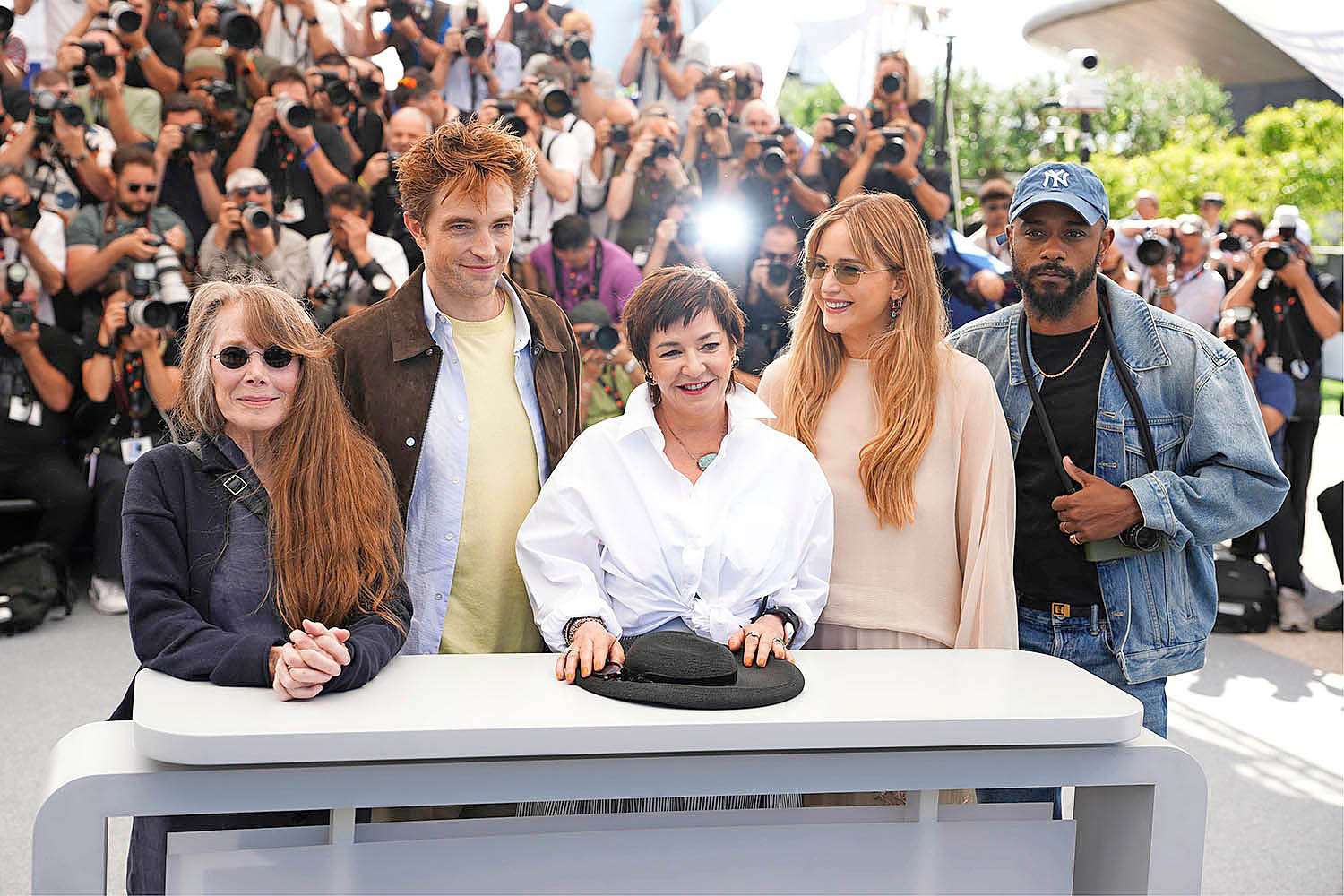The Mastermind by Kelly Reichardt is a freewheeling crime caper that grows sadder and darker with each spin of its spokes. Josh O’Connor plays wayward James Mooney, a judge’s son and small-time crook who visits cultural institutions and helps himself to great art. At first this feels like a fun assignment, except that the man winds up lonely and exhausted and many miles from home. He has no clean clothes to wear and is hopelessly missing his kids. The Mastermind is the last film to play in this year’s Cannes competition. It’s as if the programme is trying to tell us something.
The guests at this festival aren’t crooks, necessarily, but they run at each day with a similar smash-and-grab zeal to jimmy the door of the morning screening and sidestep the guards outside the lunchtime matinee. By the closing days, their swag bags are full and their energy is depleted and they’re staggering aboard the getaway bus to Nice airport. This year’s lineup has been strong, possibly it’s even been great, but the real world is calling and everyone is needed elsewhere. Where Hollywood movies close with a satisfying snap, Cannes winds down in incremental degrees, to the trundle of cases on the pavement by the Palais and the sight of more and more empty seats inside the Debussy theatre.
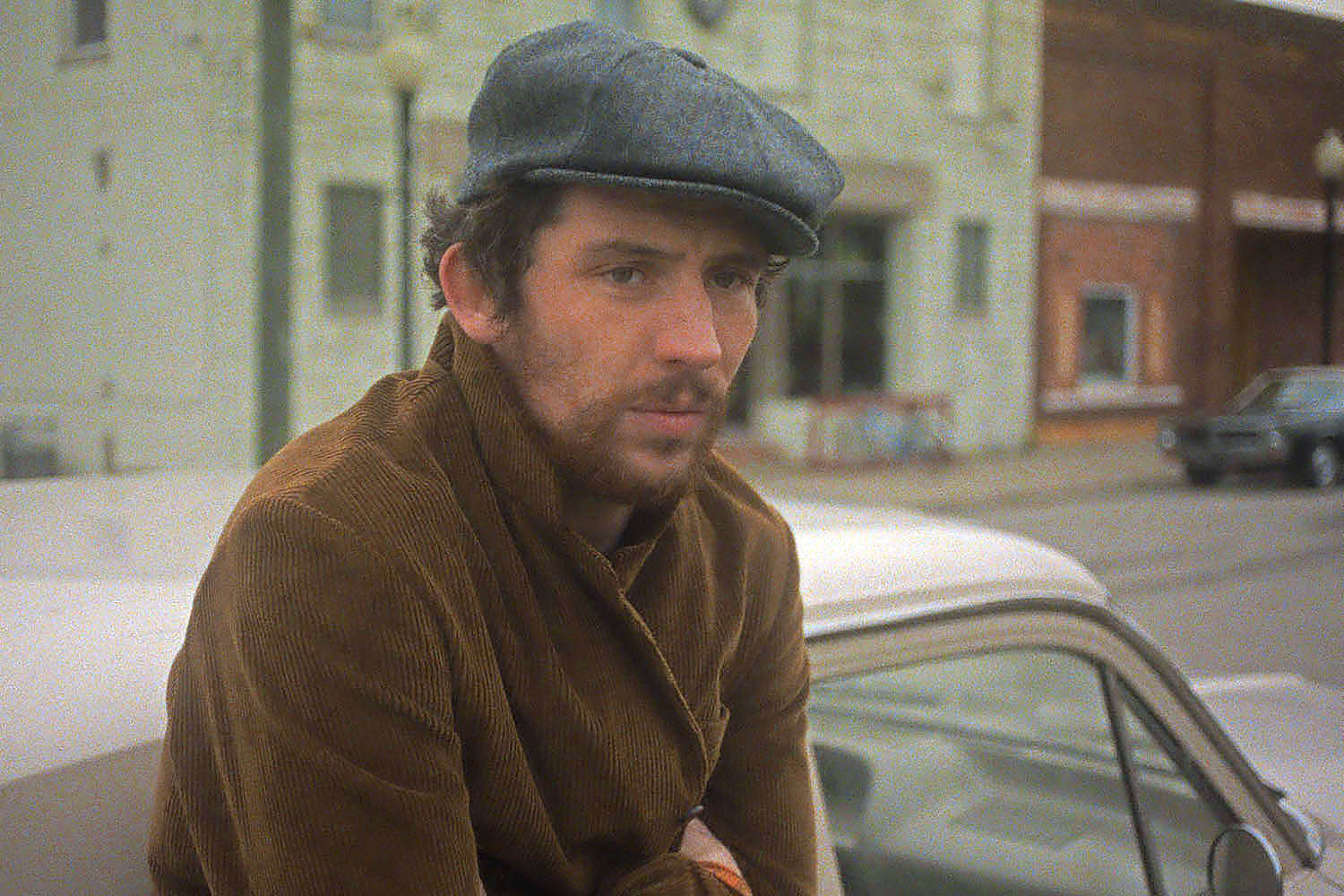
Blowing around 1970s Massachusetts, The Mastermind is a fabulous piece of work: loose, limber and scrappy. It would count as my favourite period American movie in Cannes competition were it not for the presence of another, still better O’Connor film on the schedule. Oliver Hermanus’s The History of Sound casts him and Paul Mescal as a pair of 1920s academics on a field trip to record the backwoods musicians of Maine. Hermanus contrives a great, sweeping romance, very nearly an epic, that rides the warm thermals of its primitive folk soundtrack before sending its lovers to earth with a bump. In Ang Lee’s Brokeback Mountain, the lost treasure took the form of a pair of intertwined cowboy shirts. Here it’s a box of early American recordings, retrieved from an attic and preserved for the ages.
The best Cannes pictures frame the planet we live on in all its chaotic, grubby glory
The best Cannes pictures frame the planet we live on in all its chaotic, grubby glory
The History of Sound is so immaculate, in fact, that it risks dulling the lustre of several other fine films. Mario Martone’s Fuori paints a compelling portrait of the Italian author Goliarda Sapienza (Valeria Golino), thrown against the backdrop of rackety 80s Rome, while Jafar Panahi’s A Simple Accident is a high-concept revenge thriller drawn in shades of grey. I was also fond of Richard Linklater’s black-and-white Nouvelle Vague, his dramatised account of the making of Jean-Luc Godard’s Breathless, which dares to paint the great man as a puckish, self-absorbed chancer. It’s amiable and effective, like a loving celebrity roast. Godard, suffice to say, would have hated every second of it.

Those with a hunger for more introspective material were well served by a trio of ambitious psychological dramas. Lynne Ramsay’s Die, My Love (the sole British contender in the main competition) weaves a tale of ruinous depression in America’s wide open spaces, boasts a pair of potent performances from Jennifer Lawrence and Robert Pattinson, and was roundly booed by insensitive souls at the offical press screening. There was a similarly mixed response to The Chronology of Water, the directing debut of Kristen Stewart, but I really liked it. Stewart’s impressionistic rites-of-passage story essentially plays as the filmic equivalent of tortured teenage poetry, which is to say that it’s gauche and raw and unapologetically heartfelt.
For all that, the pick of this anguished trio turned out to be My Father’s Shadow, from the British-Nigerian brothers Akinola and Wale Davies. It tells the tale of two boys who find themselves whisked through the cauldron of inner-city Lagos by their charismatic, unreliable father (Sope Dirisu) in the wake of the disputed 1993 election. No surprise to learn that this urgent, illuminating debut is drawn from personal experience. My Father’s Shadow is like a molten childhood memory that’s been smelted, sculpted and honed by the passage of time.
Outside the Palais, the Cannes circus rolls on. Trained hawks are dispatched to keep the seagulls off the guests. A palm tree falls over, injuring a Japanese producer. One evening I park myself amid a jockeying gang of paparazzi to watch Kevin Spacey arrive at a gala dinner that the festival organisers wish to be known has nothing whatsoever to do with them. This is the Oscar-winning actor’s latest attempt to effectively uncancel himself, to dip a toe into the waters of public opinion. Judging from the ghastly, stricken smile on his face, he might just have nose-dived into an ice bath.
The best Cannes pictures, I think, hold a mirror up to the world. They frame the planet we live on in all its chaotic, grubby glory. They peddle what Maga enthusiasts refer to as “radical content”, even when they are set in the distant future or past. For all its tacky sideshows, Cannes gives centre s tage to such rogue, rebel pictures and long may that continue. There’s a genuine flash of danger to Oliver Laxe’s extraordinary Sirât, a post-apocalyptic freakout of a movie that barrels hell for leather across the Moroccan desert. It’s this same spark that drives Bi Gan’s more refined, rapturous Resurrection, a detective story that prowls the altered states of the unconscious. And it blooms like wildfire in Kleber Mendonça Filho’s The Secret Agent, the wonderfully wild and ragged account of a 70s Brazilian professor (Wagner Moura) on the run from assassins. I’m not entirely sure that The Secret Agent adds up, but in the moment, on the screen, its savagery and strangeness feels like a small miracle.
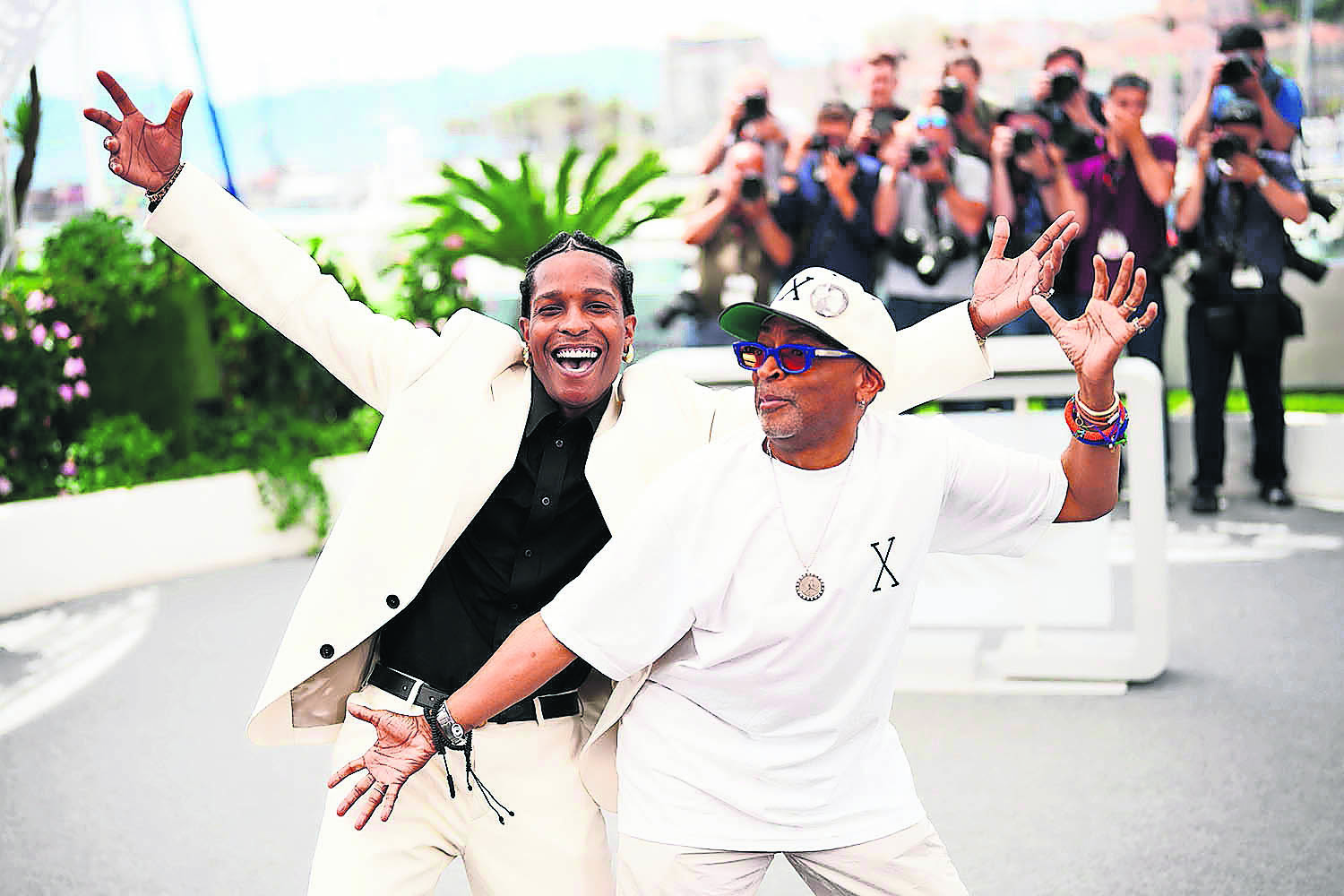
Demob fever kicks in towards the end of week two. I quite enjoyed Highest 2 Lowest, the latest Spike Lee joint, in which Denzel Washington plays a New York music mogul on the trail of a gangster-rap kidnapper, but I fear I’m in the minority, because the thriller’s cheesier moments provoke hoots of derisive laughter. By this point, it seems, Cannes’s remaining guests have become like naughty school kids kept behind after class. Between screenings they meander through the Palais’s empty halls, past the ghostly portraits of dead movie stars and the tattered trade magazines left over from last Tuesday.
One of the final films to play in the Debussy theatre is Joachim Trier’s Sentimental Value. Shot in crisp Norwegian summer light, it’s a supple, classy family saga that prompts a rapturous standing ovation at the premiere. Stellan Skarsgård plays Gustav Borg, a ruthless Bergman-esque director who wants his pained actor daughter (Renate Reinsve) to perform in his latest piece of autofiction. Third-billed on the cast is Elle Fanning (as the Hollywood star who steps in), although the real supporting player is probably the Borgs’ gingerbread family home, with its chocolate and rust trim. This is a house thick with history and infested by phantoms. It’s imposing and sombre: a character in its own right.
Newsletters
Choose the newsletters you want to receive
View more
For information about how The Observer protects your data, read our Privacy Policy
Near the end of the film, haunted chez Borg is finally sold and we see the place being renovated and repainted for its next set of occupants, whoever they may be. That’s essentially what’s happening at the Cannes Palais right now. The festival is over and the last stragglers have jumped ship and for the time being it’s empty, except for all the ghosts.
Five Cannes highs and lows
Best in show
The Secret Agent, Sirât and Sergei Loznitsa’s stealthily terrifying Two Prosecutors were the unholy trinity of Cannes competition. Each fed the brain and fired the senses. Directors Filho, Laxe and Loznitsa spun us around and remorselessly worked us over. Strolling in from right side, The History of Sound (below) provided this event with its shameless emotional wallop.
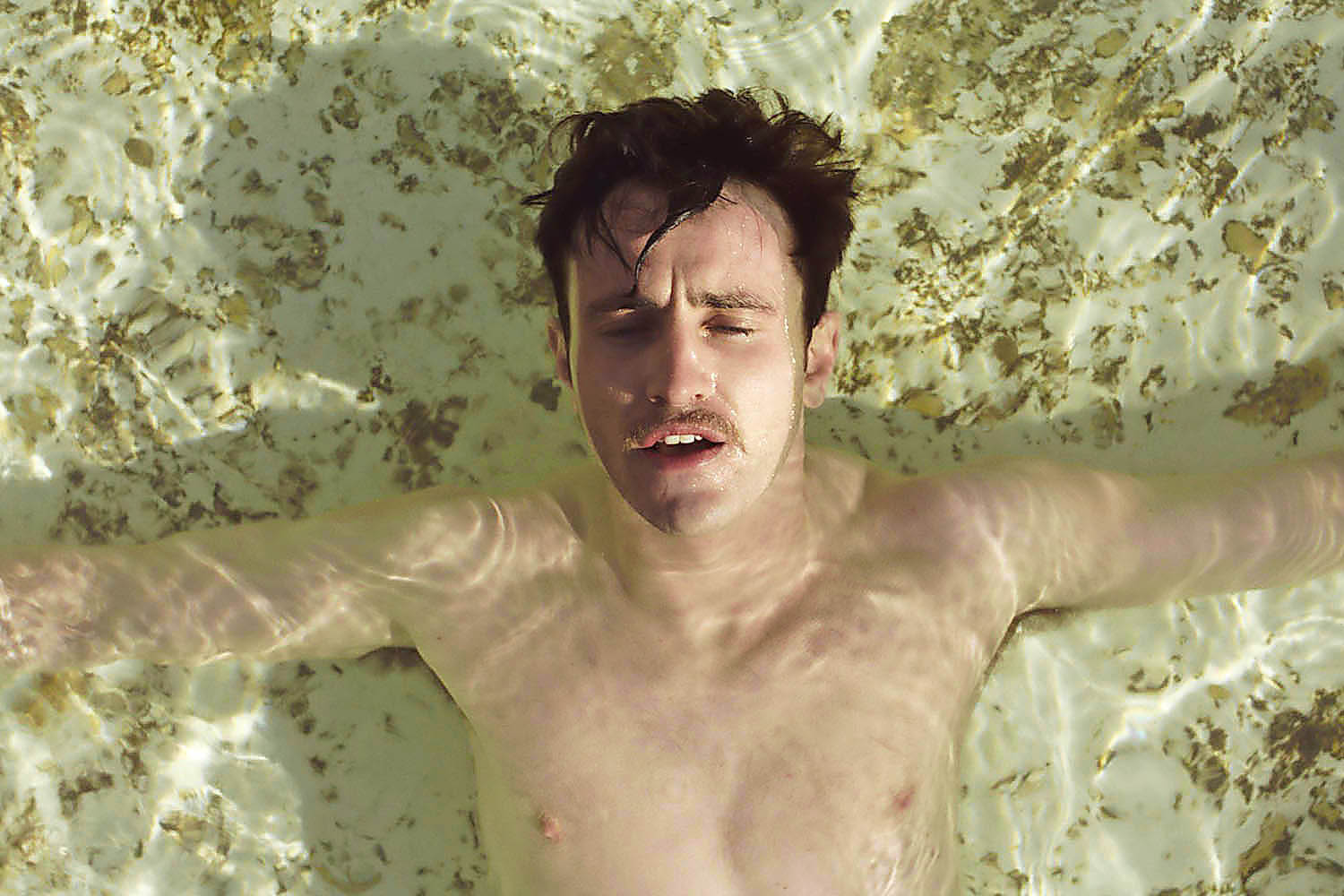
Worst in show
Who needs AI when Wes Anderson keeps making movies like The Phoenician Scheme, another of his expert displays of spec-designed taxidermy? (See review, page 28.) Just as exasperating in its way was Julia Ducournau’s Alpha, an addled body-horror in which a mysterious virus turns the citizens of France into white marble statues. By the time this one wrapped, half the audience, it appeared, had been petrified too.
Best performance
Renate Reinsve, clenched and wary in Sentimental Value. Wagner Moura (below), a sublime feet-of-clay hero as the incognito “secret agent”.
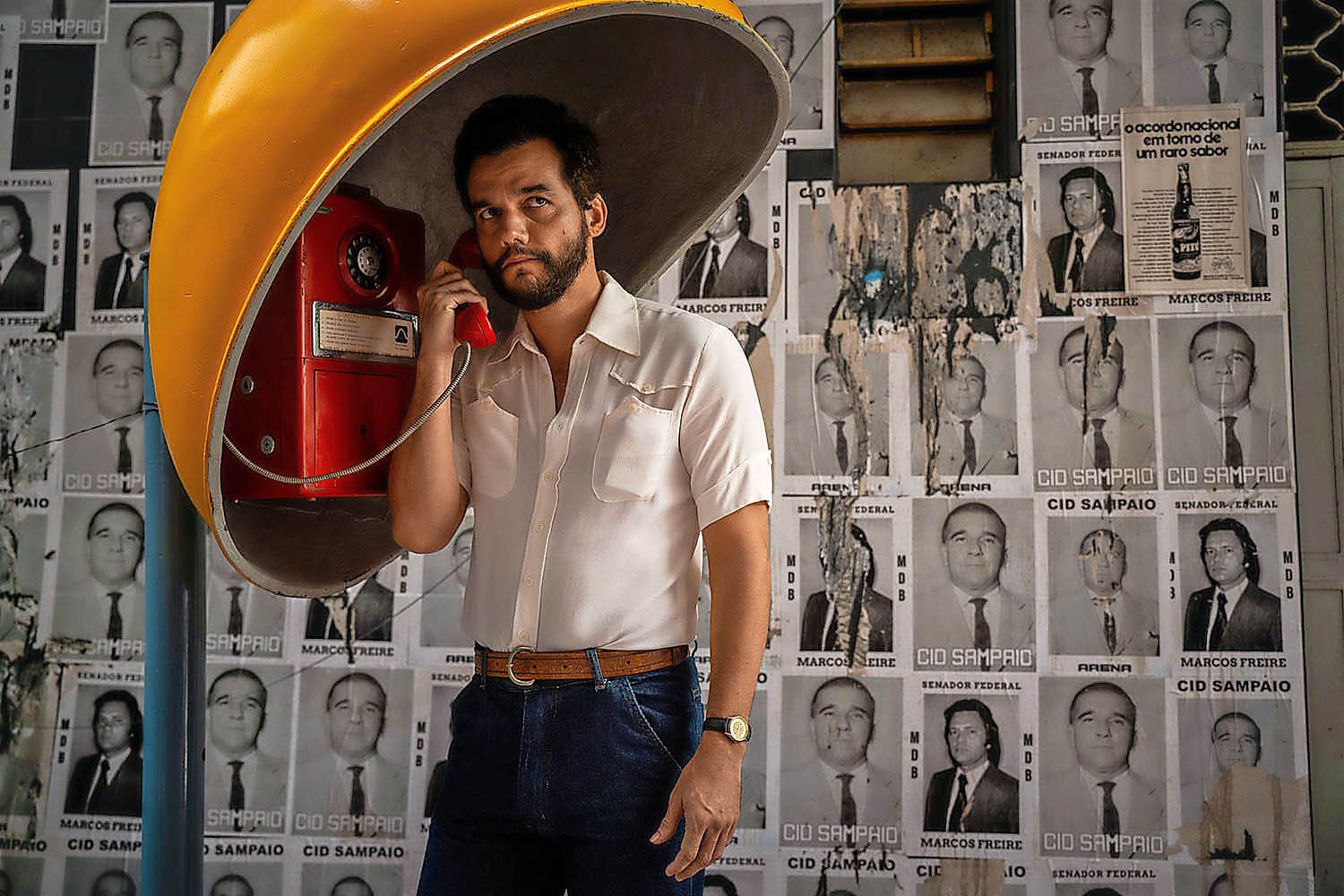
Worst performance
Juliette Armanet and Bastien Bouillon as the insufferably self-satisfied old flames in the opening night film, Leave One Day.
Legless Cannes
Heaven alone knows why, but amputees were the recurrent theme of this year’s main competition, with one-legged men playing pivotal roles in The Sound of Falling, Sirât and A Simple Accident. And in case we were wondering what had become of all those disembodied missing legs, The Secret Agent provided audiences with a partial answer. One of the villains of Filho’s film is the mythic “Hairy Leg” – a severed zombie limb that hops through a local hookup park to attack the late-night revellers.
Photographs by Scott Garfitt/Invision/AP
